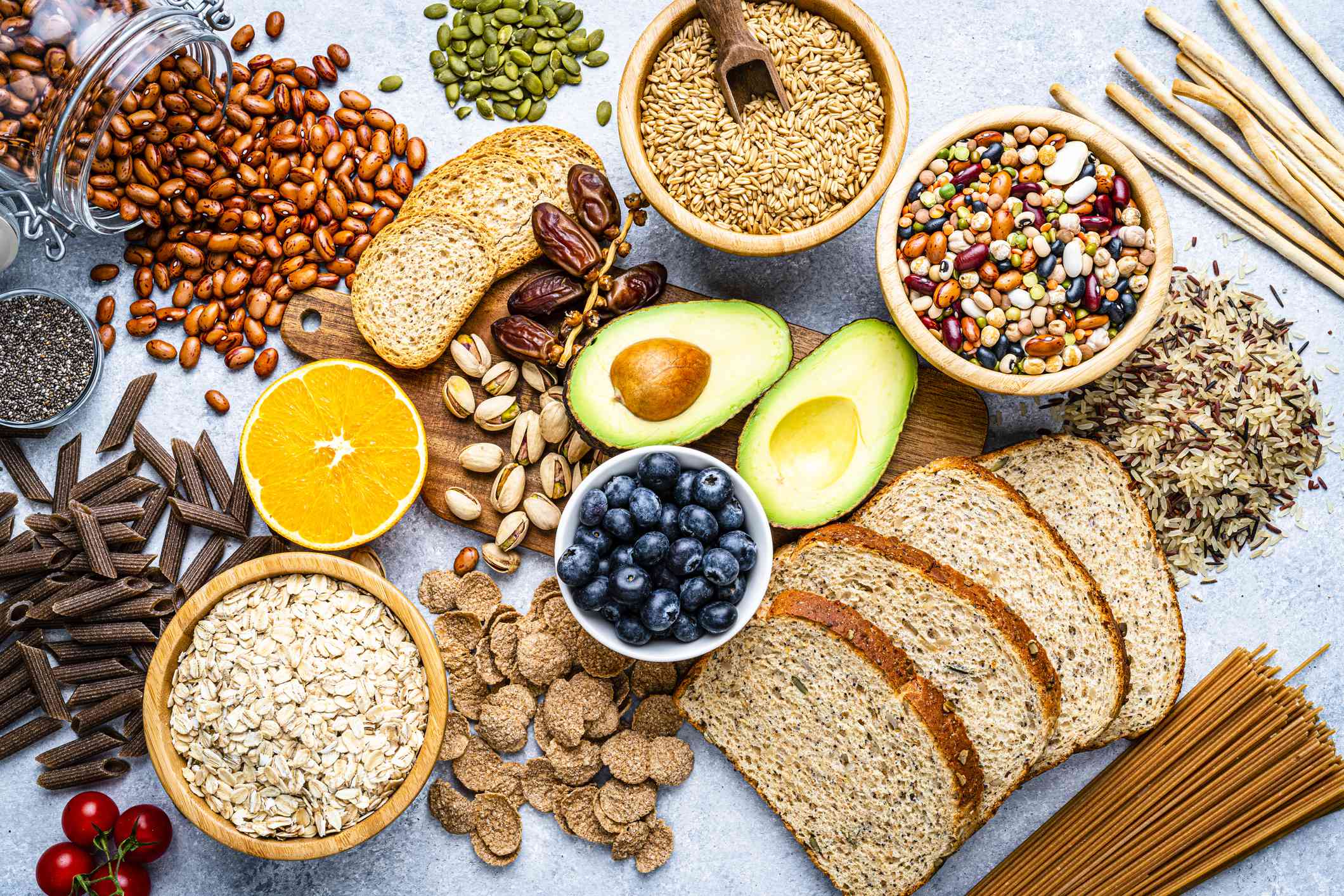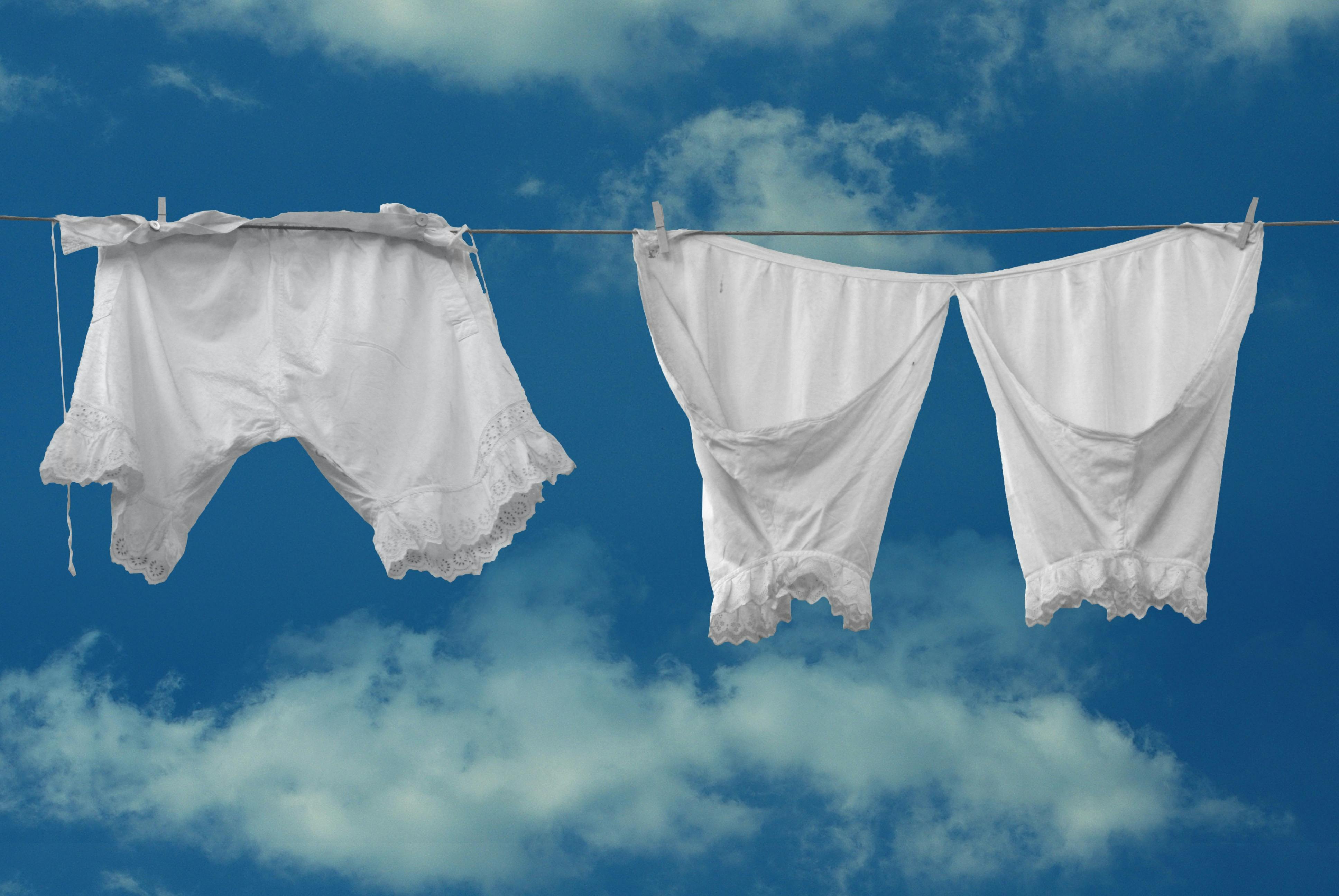Increasing fiber intake is traditionally recommended to ensure a healthy digestive system and prevent constipation. However, a recent study brings a whole new perspective to this established practice. Research titled "Stopping or reducing dietary fiber intake reduces constipation and its associated symptoms" shows that reducing or completely stopping fiber intake can have a surprisingly positive effect on constipation and associated symptoms.
Rethinking the role of fiber
Fiber is often considered a key part of a healthy diet, especially for its digestive benefits. However, the results of this study suggest that for some individuals who suffer from chronic constipation, reducing their fiber intake can be a real relief. The study divided constipated participants into three groups based on the amount of fiber they consumed—no fiber, reduced fiber, and normal fiber intake—and tracked changes in stool frequency, stool hardness, and laxative use.
Remarkable results
The results were clear. Participants who completely stopped or significantly reduced their fiber intake had better stool frequency and fewer problems with hard stools. Furthermore, it was noted that these participants required fewer laxatives and other interventions to loosen the stool. These findings could prompt physicians and dietitians to reevaluate current recommendations for fiber intake, especially for patients with chronic constipation.
What does this mean for the future?
This study may open the door to new methods of treating constipation that could be individually tailored based on patients' personal needs. It is important to emphasize that reducing fiber intake is not a solution for everyone and should always be consulted with a professional. However, for some individuals, this may be a more accessible solution to achieving better digestive health without the unpleasant side effects of constipation.
Research in nutrition and digestive health continues, and this new look at fiber is an example of how our understanding and recommendations can evolve over time. What is your experience with fiber consumption and digestion? Share your thoughts in the comments below.
🌿 The Myth of Fiber: Time for a Reevaluation? 🌿
Still believe that fiber is the best solution for constipation? A lot has changed since 2012, when a study was published suggesting that reducing fiber intake may better help with constipation, but many of us still hear the old advice. 🤔🥦
🔍 This study showed that in some people, less fiber in the diet may be the key to relieving symptoms of constipation, contrary to what we have long been taught. Still, experts often emphasize fiber as a foundation for healthy digestion.
💡 Fiber does indeed have many other health benefits, such as supporting heart health and controlling blood sugar, but it may not be everyone's ideal solution to constipation.
🔄 It is important to remember that every digestive system is unique and what works for one may not work for another. Advice on fiber intake should always be tailored to individual needs.
💬 Do you have personal experience with the "less fiber" approach? What is your experience with digestive health? Share your thoughts and experiences in the comments!
#health #constipation #fiber #digestivehealth #diarrheafree #diettips #healthyeating #newresearch #





Leave a comment
This site is protected by hCaptcha and the hCaptcha Privacy Policy and Terms of Service apply.